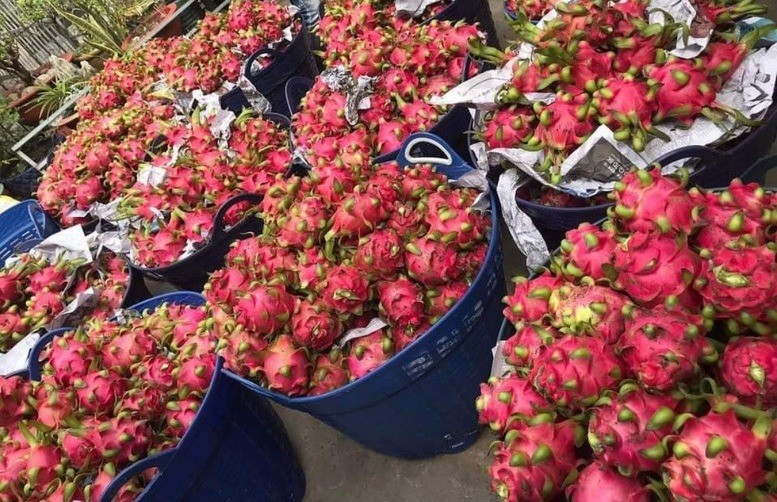
Sanitary and phytosanitary (SPS) measures are a type of legal measure used in the Global Trade Agreement to control risks to humans, animals and plants from diseases, pests or other harmful effects from food and agricultural products.
Recently, the Prime Minister has just sent a request to the Ministry of Agriculture and Environment ; People's Committees of provinces and centrally-run cities to remove obstacles when hundreds of tons of dragon fruit and pepper are stuck in cold storage, unable to be exported to the EU due to food safety certification procedures. This is a signal showing the urgent need for transparency in SPS measures in exported food.
SPS transparency brings dual benefits
In the context of global economic integration, transparency of SPS measures has become a core factor helping Vietnam improve its competitiveness in food exports. As a member of the World Trade Organization (WTO), Vietnam is committed to complying with the SPS Agreement, not only to protect human, animal and plant health but also to promote fair and sustainable international trade.
SPS transparency is the process of ensuring that regulations, standards and procedures related to food safety, animal and plant quarantine are public, clear and accessible to all stakeholders, from exporters, importers to regulatory agencies. Under the WTO SPS Agreement, member countries must notify new or changed regulations in advance, usually at least 6 months before they come into effect, except in cases of health emergencies or epidemics. This allows exporters time to adjust products and processes to comply with international standards.
For Vietnam, SPS transparency first helps businesses meet strict requirements from major markets. For example, the EU applies the Deforestation Reduction Regulation (EUDR), requiring traceability and elimination of deforestation-related products after December 31, 2020, with an extension to December 30, 2025 for large businesses and June 30, 2026 for small businesses. Transparency of information on production processes helps the coffee industry (USD 5.45 billion in the first 6 months of 2025) and coconut (USD 390 million in 2024) avoid returns or tariffs. The United States, with its requirement for growing area codes and testing for 7 active ingredients in pesticide residues, also requires businesses to disclose production data. China, while tightening the inspection of yellow O substance on durian, requires transparency of testing results from 9 recognized centers, creating pressure but also motivating to improve quality.
Second, SPS transparency builds trust with international trading partners. As consumers become increasingly concerned about food safety and social responsibility, businesses that are transparent in their production processes, from raw materials to processing, will have a competitive advantage. This is especially important when exporting durian to China (potentially worth $10 billion) or dragon fruit to the EU, where pesticide inspection rates have increased to 20%.
Previously, the Ministry of Agriculture and Rural Development has implemented many measures to ensure SPS transparency. The national SPS notification system, established under Circular 24/2018/TT-BNNPTNT, provides information on plant quarantine and food safety regulations, helping businesses stay updated in a timely manner. For example, in the 2025 durian crop, the Ministry announced a list of 9 testing laboratories recognized by China, helping businesses overcome the barrier of testing for yellow O. The growing area data system in districts such as Krong Nang (Dak Lak) and Di Linh (Lam Dong) was also deployed, ensuring that 100% of coffee and coconut areas have traceability.
However, challenges remain. Many small businesses, especially in the coconut and banana sectors, lack the skills to access SPS information due to technology and resource constraints. Differences in standards between importing countries (for example, the EU requires sustainability certification, while China focuses on quarantine) require businesses to be flexible, a task that is not easy for smallholders.
Focus on traceability and data management
To maximize the benefits of SPS transparency, Vietnam needs to take concerted action. First of all, it is necessary to focus on enhancing training for businesses, especially cooperatives, on how to access and comply with SPS standards. Technical assistance programs from the WTO or partners such as Japan and Korea need to be expanded, focusing on traceability technology and data management.
Second, there is a need to invest in information infrastructure, such as upgrading the national SPS portal with a user-friendly interface and multilingual support, making it easier for small businesses to access. At the same time, making product quality testing results public on digital platforms, as has been done with specialty coffee, will increase market confidence.
Third, businesses need to proactively cooperate with farmers to build standard growing areas and apply 4.0 technology in supply chain management. For example, the coconut industry is developing growing area codes in Ben Tre, where more than 8,300 hectares meet export standards, a model worth replicating.
According to the Vietnam SPS Office, the June 2025 meeting of the Committee on Sanitary and Phytosanitary Measures (SPS) took place over two days from June 17-19 in Geneva, Switzerland. At this meeting, WTO members agreed on the working method of the new Working Group to improve the transparency of SPS measures. Members will also launch a new SPS advisory system to support members who are developing and least-developed countries (LDCs) in terms of transparency and their ability to participate in SPS issues.
Previously, at its March 2025 meeting, the SPS Committee adopted the Sixth Review Report of the SPS Agreement and accepted the recommendation to establish a Transparency Working Group with a two-year term. The SPS Committee also agreed to launch discussions of this working group in November, focusing on issues including: Improving the SPS notification process, monitoring the reception of comments and considering proposals to upgrade the ePing SPS&TBT Platform. This working group will also be responsible for studying the revision of core documents related to the SPS Committee on transparency.
The Chair of the Committee, Ms. Maria Cosme (France), said that New Zealand and Chile had volunteered to take on the role of leading the group and would follow the agreed guidelines on the working methods. The first meeting of the working group will be held immediately after the SPS Committee meeting in November.
Mr. Ngo Xuan Nam, Deputy Director of the Vietnam SPS Office, also said that during the sixth Review session, the SPS Committee has implemented a new advisory system to support developing and least-developed Member countries in transparency and timely participation in SPS issues. The system will be piloted from June 2025 to June 2026, in which informal, temporary support relationships will be established between advisors to facilitate knowledge sharing, mutual learning and participation in SPS-related issues.
Source: https://baolaocai.vn/can-minh-bach-bien-phap-sps-trong-xuat-khau-thuc-pham-post649849.html


![[Photo] Prime Minister Pham Minh Chinh receives Lao Minister of Labor and Welfare Phosay Sayasone](https://vphoto.vietnam.vn/thumb/1200x675/vietnam/resource/IMAGE/2025/11/11/1762872028311_dsc-2246-jpg.webp)




![[Photo] Chu Noodles - the essence of rice and sunshine](https://vphoto.vietnam.vn/thumb/1200x675/vietnam/resource/IMAGE/2025/11/11/1762846220477_ndo_tl_7-jpg.webp)






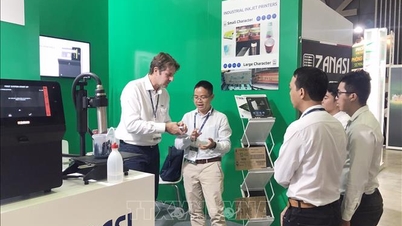


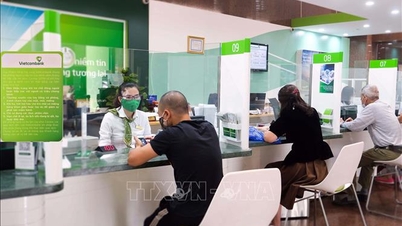
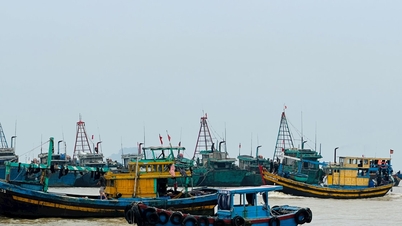







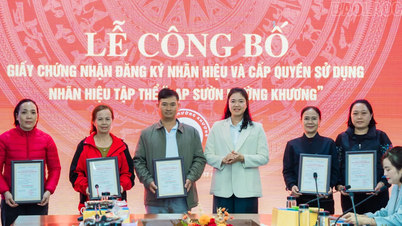





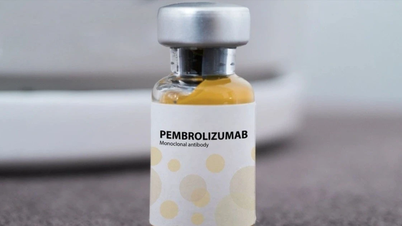
























































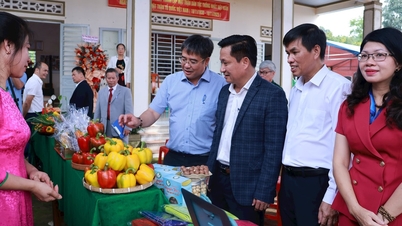
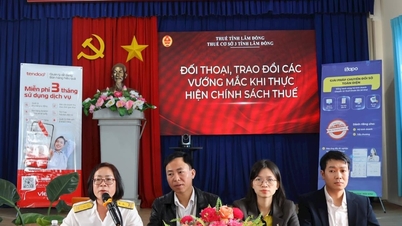
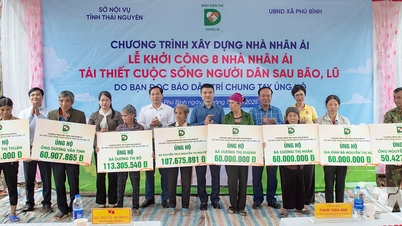

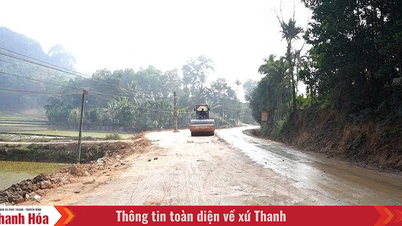



![Dong Nai OCOP transition: [Article 3] Linking tourism with OCOP product consumption](https://vphoto.vietnam.vn/thumb/402x226/vietnam/resource/IMAGE/2025/11/10/1762739199309_1324-2740-7_n-162543_981.jpeg)






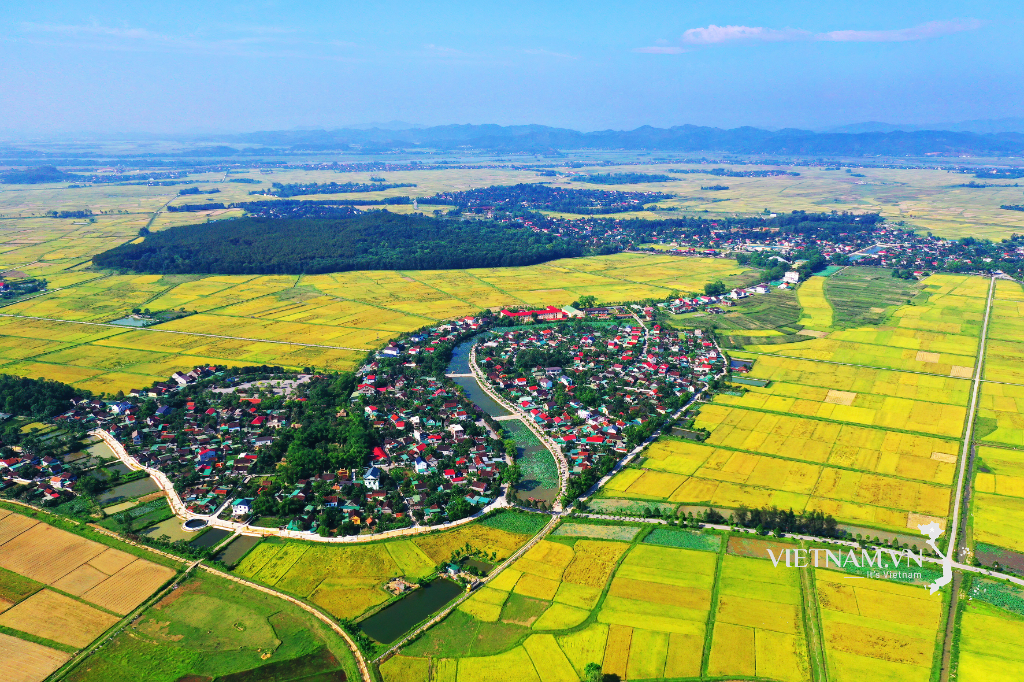

Comment (0)